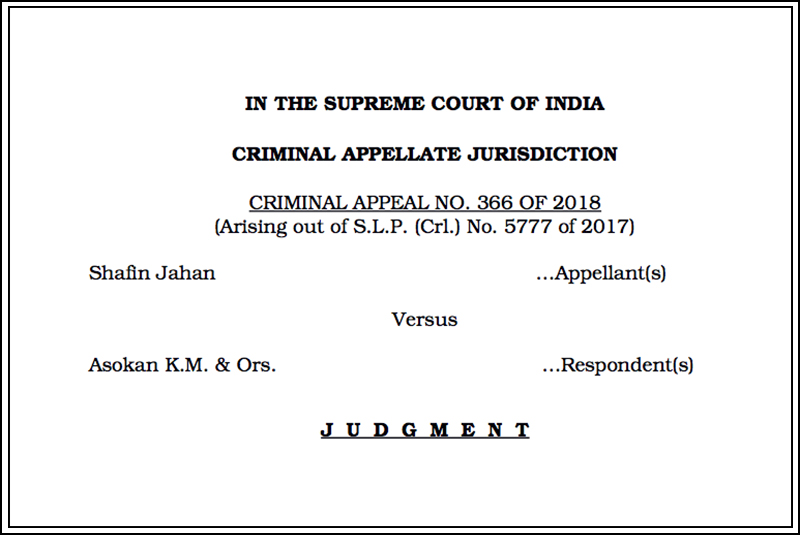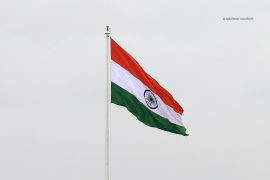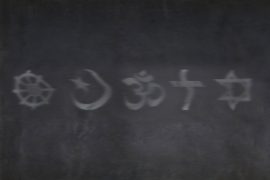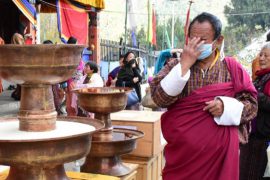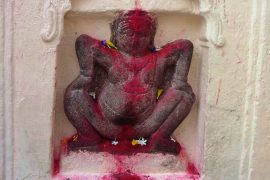This is no “girl meets boy and gets converted to Islam” story. Hadiya, formerly Akhila Ashokan, took to Islam several years before she met Shafin Jahan online. It was her decision to give up Hindu rites, adopt a Muslim name, and marry a Muslim man, that sparked strife at her home.
Controversy escalated rapidly in Hadiya’s life. She was legally detained at her parent’s home in Kottayam, Kerala. Her marriage had been annulled, her sanity questioned, and to top matters, India’s central counter-terrorism agency – the National Investigating Agency – was investigating her husband, calling it an example of ‘psychological kidnapping.’
In the context of Hadiya’s case, India’s Supreme Court ordered the National Investigation Agency to probe into 89 interfaith marriages from Kerala. After investigating for a year, the country’s top investigation agency concluded that there was no evidence of ‘Love Jihad.’
Hadiya’s story is a curious case of how personal liberties can be subject to the judicial scanner. Hadiya is 24 years old – a major in the eyes of the law and free from the authority of her parents. As an Indian citizen, she has a right to marry whom she pleases and to practise whichever religion she pleases. But fundamental rights are not absolute, as Hadiya has learned.
Copyright©Madras Courier, All Rights Reserved. You may share using our article tools. Please don't cut articles from madrascourier.com and redistribute by email, post to the web, mobile phone or social media.Please send in your feed back and comments to [email protected]

